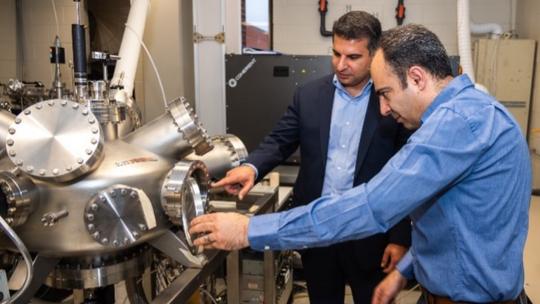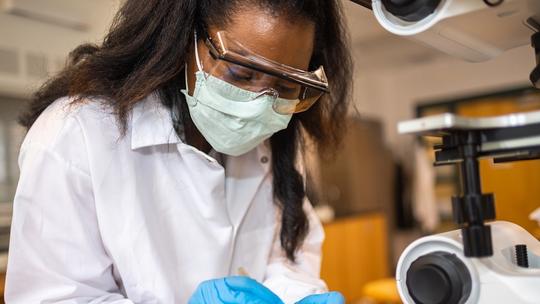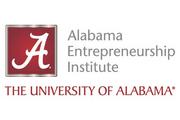
In many of life’s endeavors, from the athletic field to career and financial goal-setting to a simple game of chess, we can observe from experience that it often pays to think ahead. This principle of anticipating what’s coming and then planning and acting accordingly applies as much to the world of research as it does to other pursuits.
Auburn University is committed to developing and growing the state’s and region’s increasingly knowledge-based economy, and an important part of that process is tech readiness — the development of new technologies to solve problems rapidly as they arise, or better yet, prevent them before they occur. Our ability to focus on what the public needs, in advance, is a key component to this equation. Auburn has long been known for its ag-tech innovations, as well as its expertise in advanced and additive manufacturing and cybersecurity. Its reputation in the bio-tech and other sectors continues to rise as we continue strategic research efforts that emphasize collaborative work on societal challenges in key areas.

1. Health and health care
As health care quality, cost and equity continue to be growing concerns, Auburn has made a commitment to improving health and health care in Alabama and across the nation. World-class research efforts in the areas of chronic and infectious diseases, precision medicine, next-generation therapeutics and health disparities are leveraging Auburn expertise for the greater good and bringing forth the best and newest solutions to combat a host of complex problems.
2. Intelligent solutions
In an ever-changing technological landscape, Auburn is a research leader in such areas as automation, artificial intelligence, machine learning, next-generation manufacturing, quantum computing and data science. A prime example is Auburn’s National Center for Additive Manufacturing Excellence (NCAME), a public-private partnership comprised of 40+ members from industry (the aerospace, biomedical, defense, nuclear and automotive sectors), government, academia and the nonprofit sector.
3. A more secure world
Working to foresee and counter the latest cybersecurity and homeland security threats, Auburn’s McCrary Institute for Cyber and Critical Infrastructure Security, along with the Center for Cyber and Homeland Security and Canine Performance Sciences program serve as key partners in making our world a safer place.

4. Resilient societies
Auburn also remains committed to research that will advance society in areas such as energy independence and resilience, environmental sustainability, including coastal ocean science, and preserving a sustainable food water supply.
As with all of Auburn’s research successes, these efforts are driven by the ingenuity and dedication of the university’s exceptional faculty. Through their collective focus on solving both the challenges of today and emerging problems on the horizon, they are making a positive impact on the quality of life in Alabama, the Southeast and beyond.
Coming into 2022, Auburn has recently been recognized as one of the top 100 research universities in the country, as reported in the latest National Science Foundation Higher Education Research and Development (HERD) Survey. This follows the university’s previous distinction of being recognized as a Carnegie R1 research institution with “very high research activity.”
These benchmarks are more than nice gestures; they represent significant recognition of Auburn’s growing expertise in anticipating and solving an array of real-world problems, developing and commercializing cutting-edge technologies and building upon a rich history of research success as we look to a bright future.
To learn more about the latest research and creative scholarship from Auburn University, visit research.auburn.edu or thepark.auburn.edu.
Auburn University is a nationally ranked land grant institution recognized for its commitment to world-class scholarship, interdisciplinary research with an elite Carnegie R1 classification, life-changing outreach and a top-tier undergraduate education experience. Auburn researchers collaborate to develop meaningful scholarship, science and technologies that meet pressing regional, national and global needs.
James Weyhenmeyer, Ph.D., is Auburn University’s vice president for research and economic development and president of the Auburn Research and Technology Foundation. He has published widely on cardiovascular disease and stroke and has been funded by the National Institutes of Health, the National Science Foundation and the American Heart Association.
